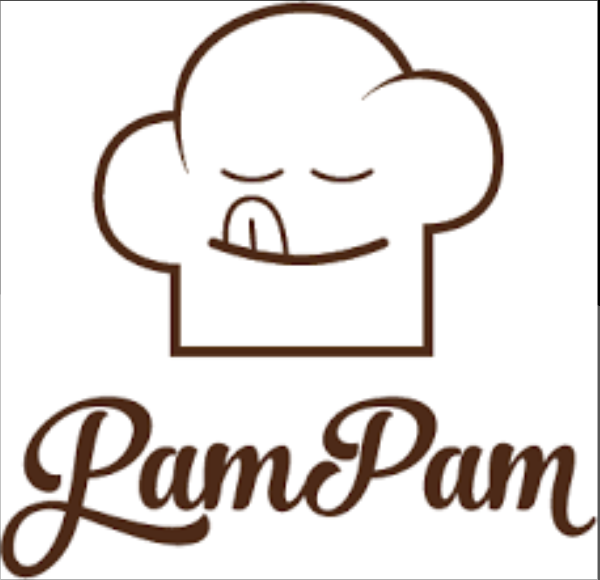In the fast-paced Food & Beverage (F&B) industry, finding the right talent for your organization is no small feat. The stakes are high, and the pressure is on. Traditional hiring methods may leave you feeling drained, often requiring lengthy processes and significant resource investment. Yet, without the right people in the right roles, your business can't soar to its potential. Luckily, there's a solution that brings flexibility and access to top-tier talent – fractional hiring.
The Different Types of Hiring
Traditional Hiring
Traditional hiring is the long-standing method where you hire an individual as a full-time or part-time employee. This individual becomes a part of your team, working set hours at a specified salary and receiving benefits. While this provides continuity and commitment, it often requires a substantial commitment in time and resources.
Fractional Hiring
The innovative concept of fractional hiring originally emerged in academia. Professors who often wear multiple hats across institutions outside of their University have long been hired on a fractional basis for two or three days commitment a week. Now the F&B industry is realizing the benefits of applying the same approach to engaging experts.
With fractional hiring, a professional serves multiple clients on a part-time or project basis. Fractional hires can provide expert services without requiring a full-time commitment, offering you the benefits of a specialized role without the overheads of a full-time hire.
Hiring a Consultant
Hiring a consultant involves engaging an expert on a temporary basis to address a specific problem or provide specific services. While consultants can bring a wealth of expertise to the table, their engagement is usually project or outcome-oriented and may not always integrate seamlessly into your organizational culture.
The Pros and Cons of Different Types of Hiring
Traditional Hiring
Pros:
- Stability: Provides a sense of continuity to the business.
- Loyalty: Employees are usually more committed to the company and its goals.
- Control: Employers have more direct control over employees' work and schedules.
Cons:
- Cost: Comes with significant costs, including benefits, taxes, and overheads.
- Flexibility: Requires a long-term commitment which may not suit all business needs.
- Speed: Hiring process can be lengthy and finding the right candidate can take time.
Fractional Hiring
Pros:
- Cost-Effective: Companies pay only for the part-time services of a professional, saving costs.
- Flexibility: Allows businesses to adjust workforce more easily to meet changing needs.
- Access to Expertise: Gives access to high-level talent which may not be affordable on a full-time basis.
Cons:
- Time Management: Aligning schedules with a professional serving multiple clients may require additional coordination.
- Alignment: Fractional employees are hired to do a job they know how to do. There is not necessarily a need for them to adopt your company culture or values like regular employees, but this depends on your needs. Either way, you will require a period to adjust to fractional hiring.
- Remote Coordination: Depending on their location, there may be a learning curve in effectively managing or communicating with your fractional hire.
Hiring a Consultant
Pros:
- Expertise: Consultants bring specialized knowledge and a fresh perspective.
- Flexibility: Consultants are a flexible resource, engaged when needed.
- Effectiveness: Consultants can often achieve specific goals more effectively as they focus on specific projects or outcomes.
Cons:
- Cost: Hourly or project rate for consultants can be high.
- Integration: Consultants may not fully integrate with your company culture, affecting their effectiveness.
- Dependence: Over-reliance on consultants can lead to a lack of in-house knowledge and skills.
Which Approach to Hiring is Right for You?
As an F&B executive, your priority is finding the right blend of expertise, cost-effectiveness, and commitment. And this is where fractional hiring often proves to be a stellar choice. To illustrate, let's compare the three hiring types based on key criteria:

How To Begin Fractional Hiring
Starting your journey with fractional hiring doesn't have to be complex. With GourmetPro as your partner, navigating the F&B industry talent pool becomes straightforward. GourmetPro connects you with skilled professionals ready to make a difference in your organization – part-time. So, embrace the benefits of fractional hiring and empower your business with the right talent at the right time.
Contact us today to discover how experts in our network can support you.


%206.png)
.svg)






.svg)



.svg)
.svg)
.svg)

.svg)

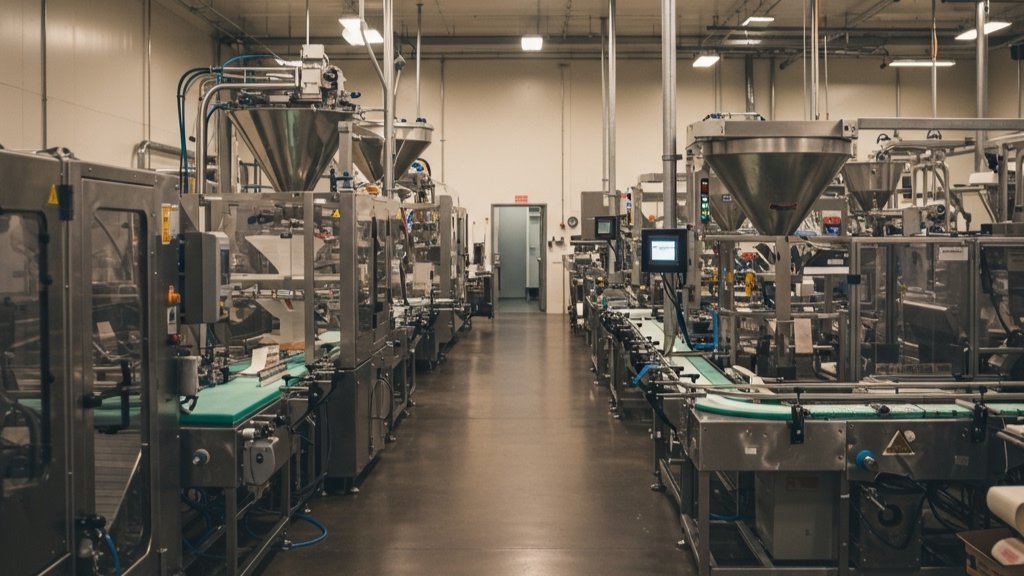

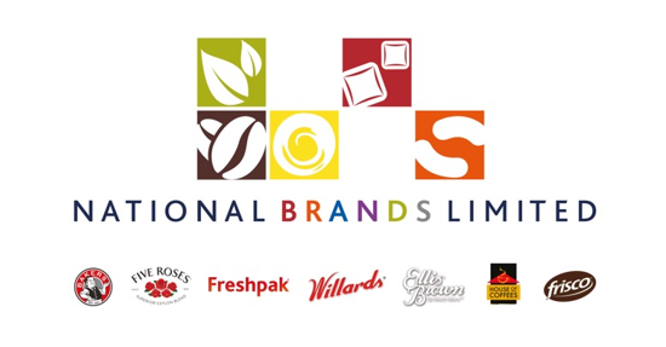

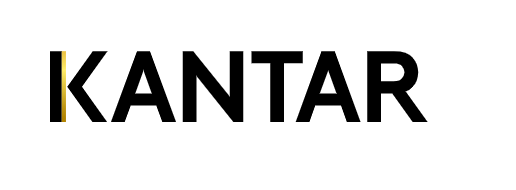



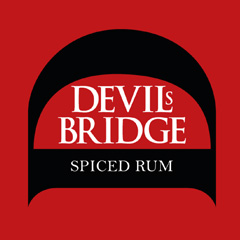
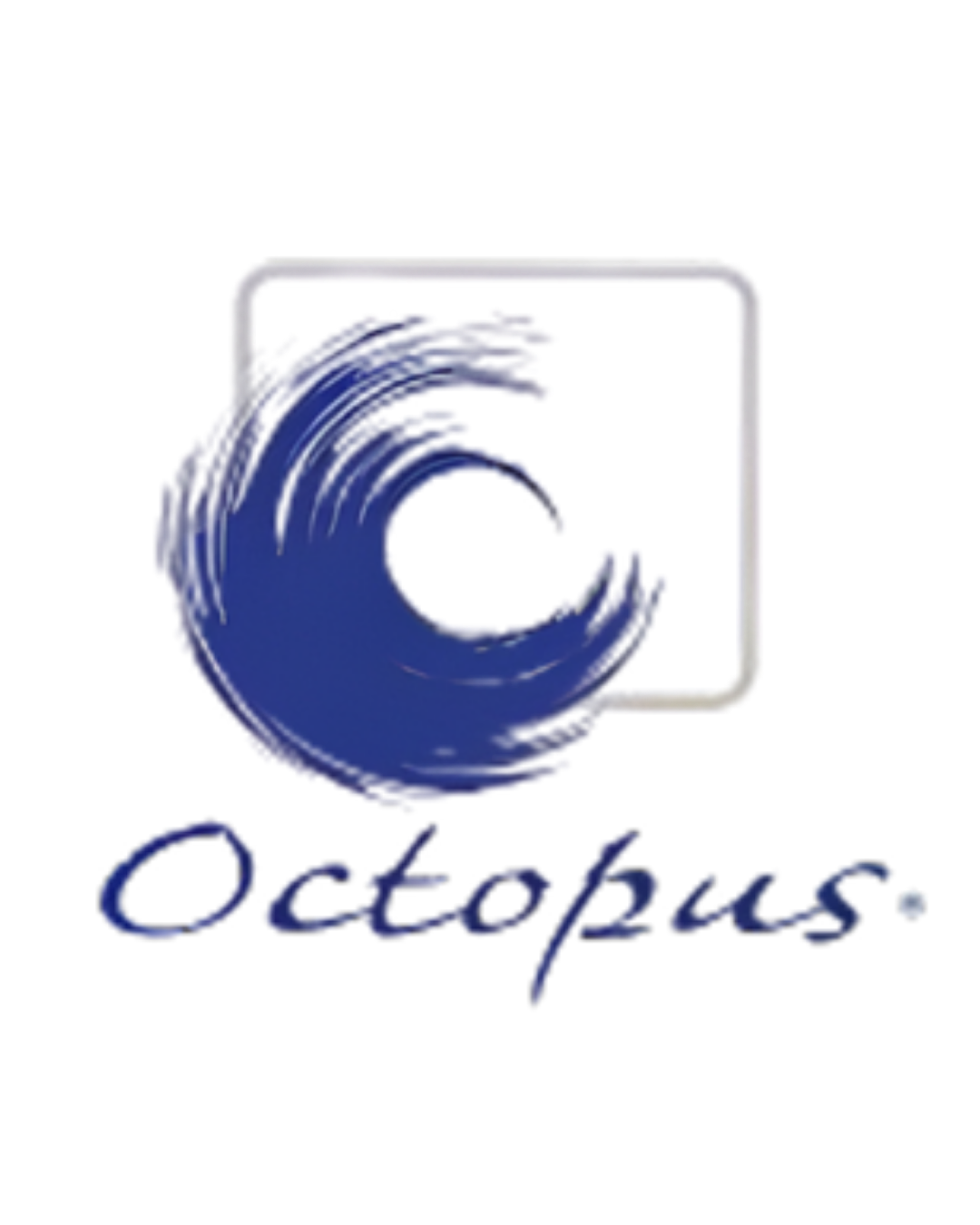





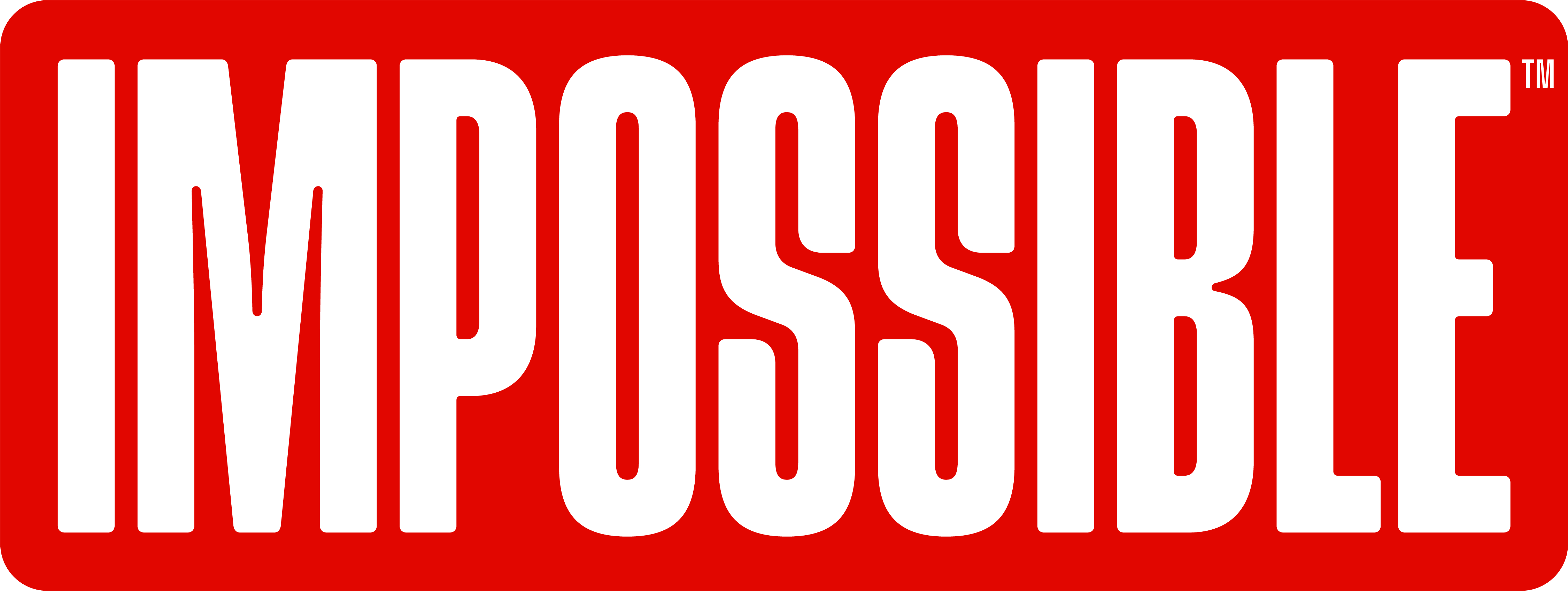








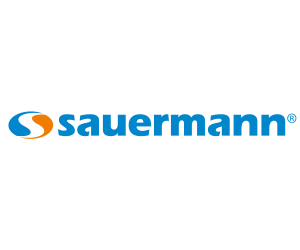



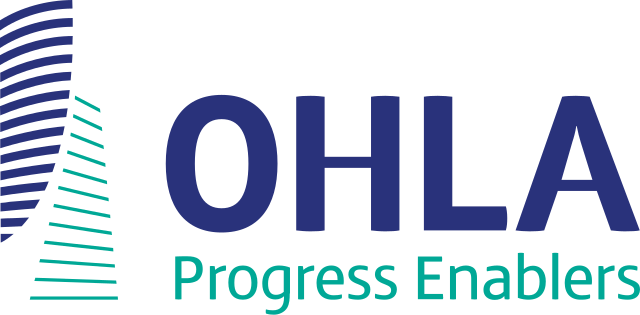



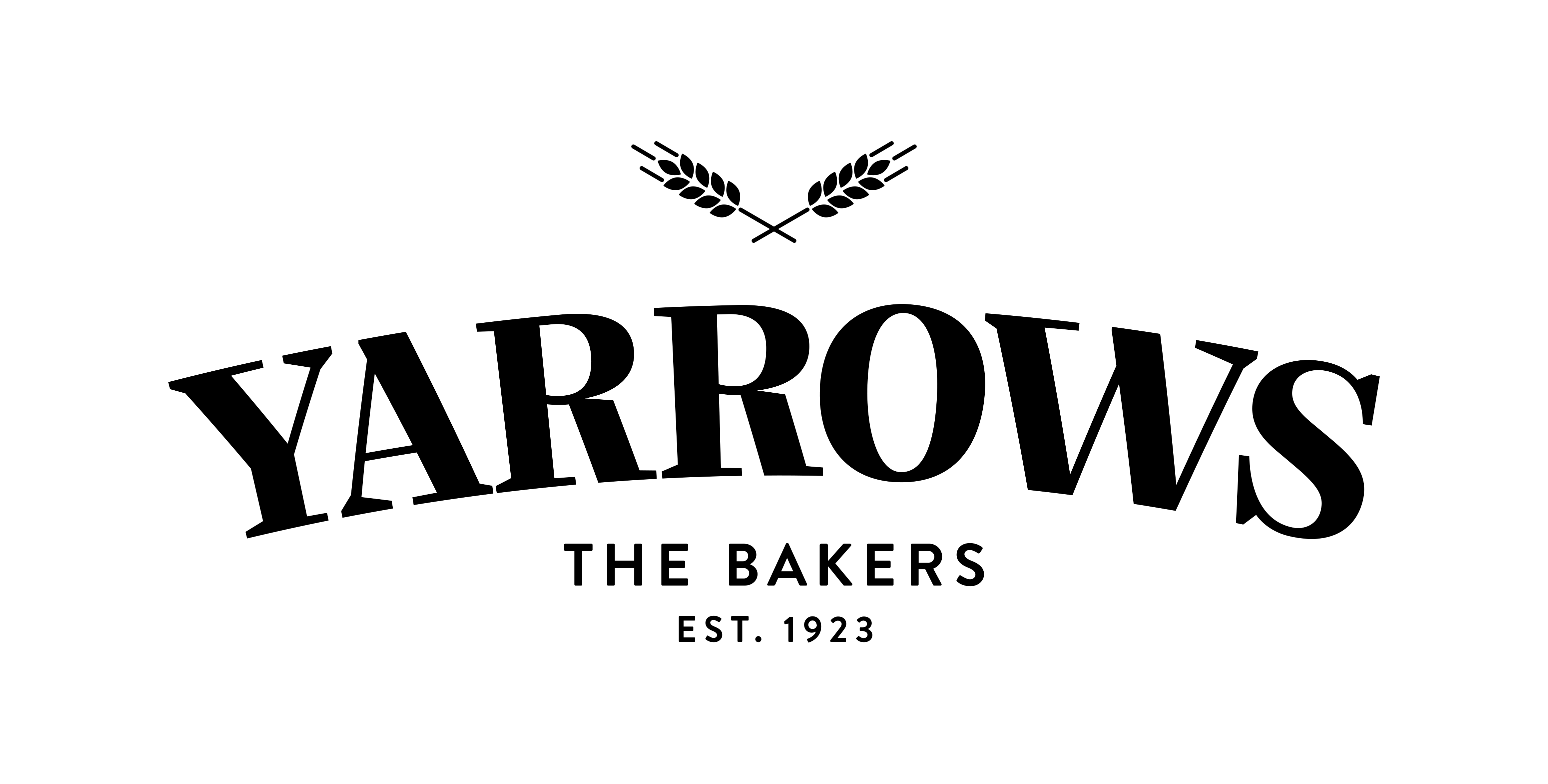

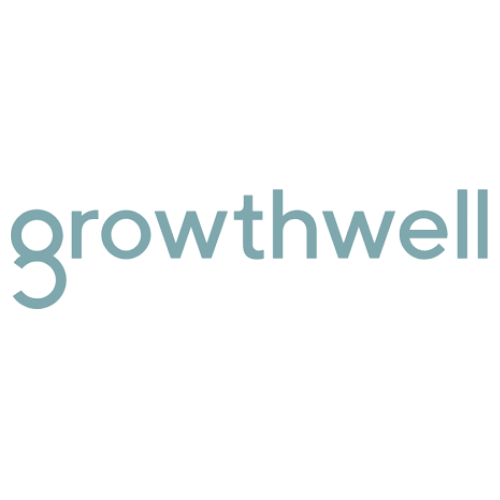








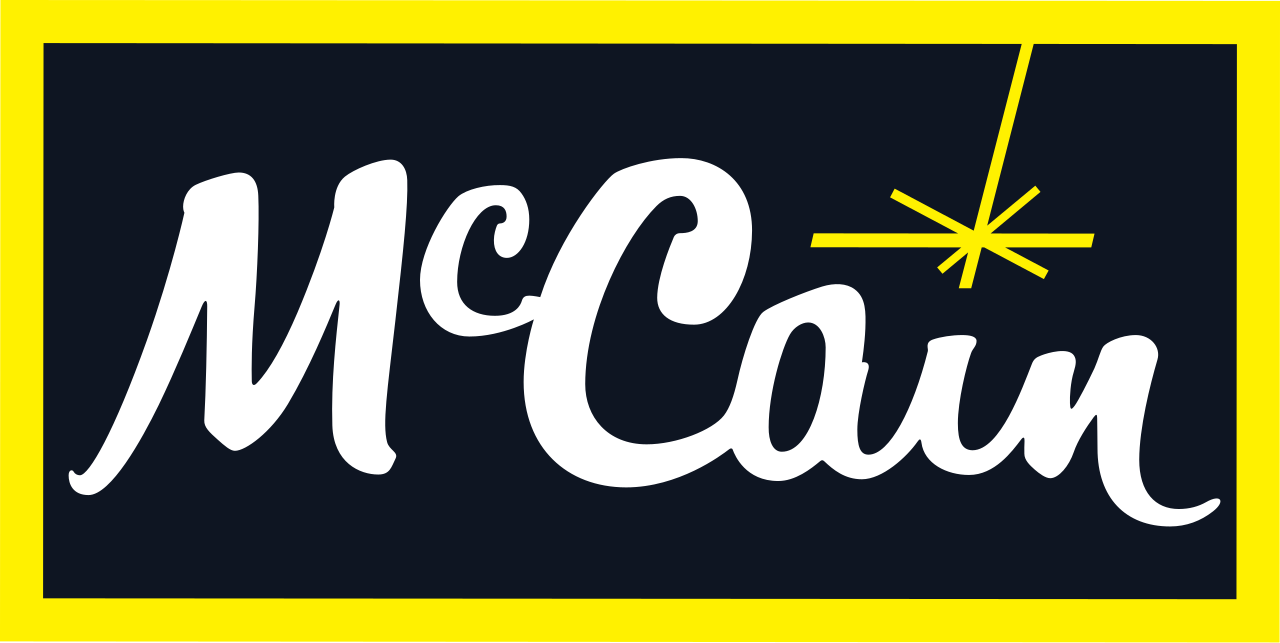




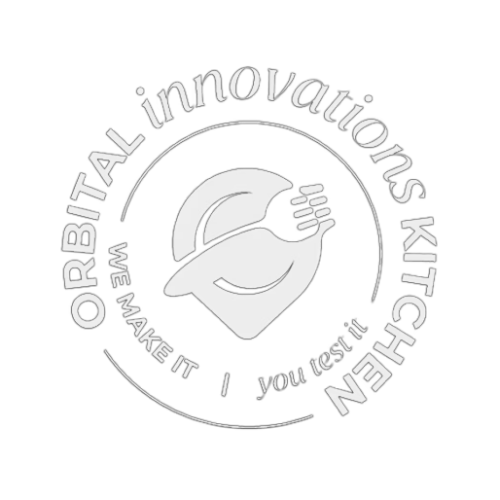










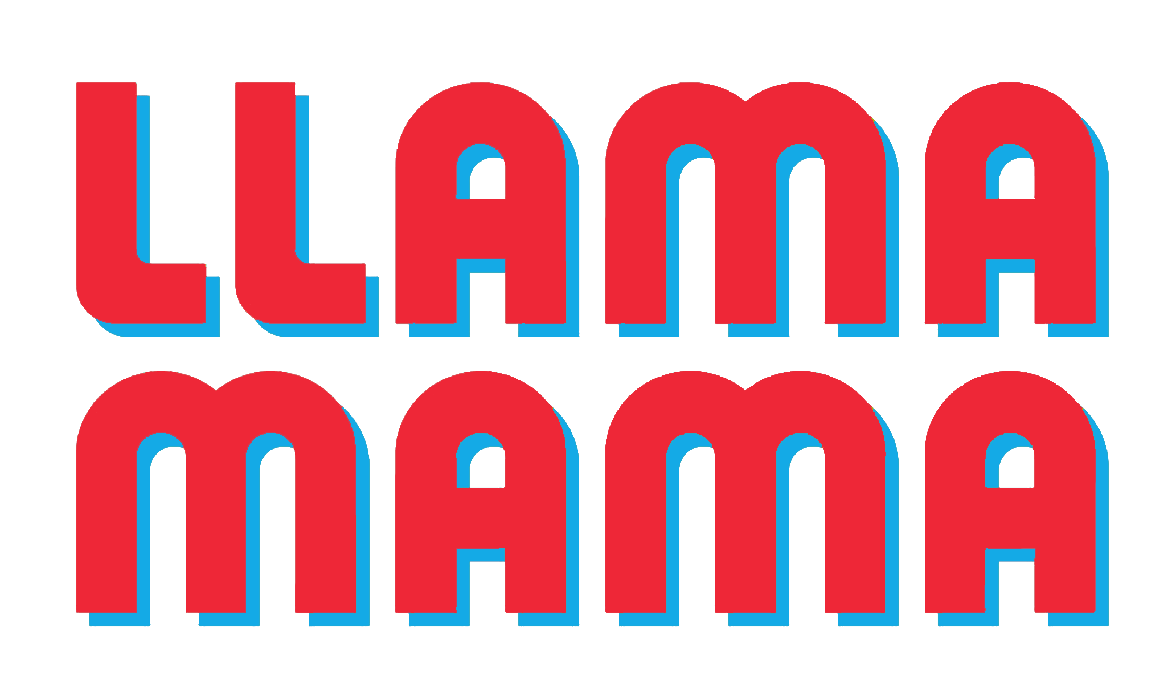








.png)













